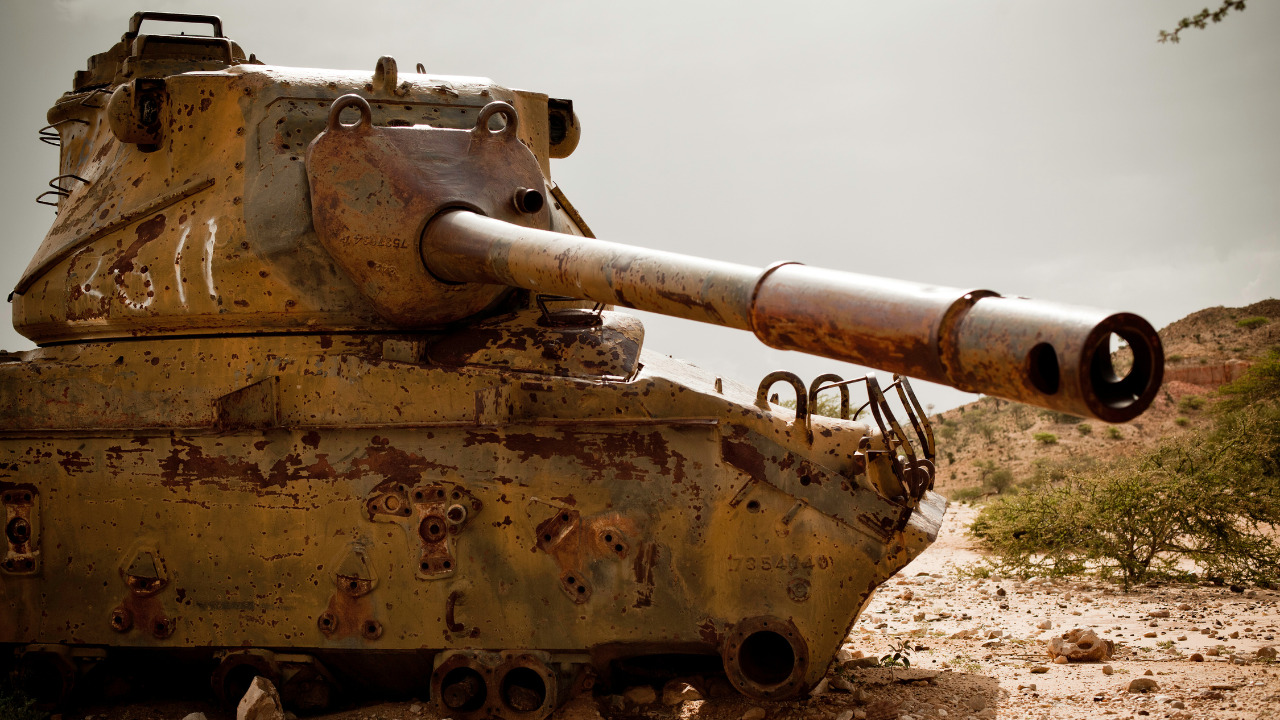Date first published: 04/07/2023
Key sectors: all
Key risks: war on land; terrorism; political instability
Risk development
On 23 June Yevgeniy Prigozhin, head of the Russian mercenary Wagner Group, released a video in which he announced that his Wagner forces had crossed the border from Ukraine into Russia as part of a “march for justice” aimed at ousting Russia’s military leadership. On 24 June Wagner forces reportedly seized military facilities in the cities of Rostov-on-Don, Rostov Oblast and Voronezh, Voronezh Oblast and marched towards Moscow. Later that day, Prigozhin agreed to end the mutiny in a deal brokered by Belarusian President Alexander Lukashenko. Russian President Vladimir Putin gave mutinous Wagner troops three options: either join the Russian military, go to Belarus like Prigozhin, or return home. He made no mention of the many Wagner fighters stationed across Sub-Saharan Africa (SSA).
Why it matters
Periods of political instability in Russia exacerbates political and security risks in countries like Mali and the Central African Republic (CAR) due to their dependency on Russia and the Wagner Group. These leaders have come to rely on Wagner troops both for their own security and to maintain their hold on power.
The Malian military junta is in the process of expelling UN peacekeeping troops from the country, leaving the under-equipped Malian Armed Forces (FAMa) and some 1,000 Wagner forces to fight an Islamist insurgency which continues to make territorial gains across the country. Meanwhile, CAR President Faustin-Archange Touadera relies heavily on Wagner troops to stay in power as he owes his survival to Wagner soldiers who thwarted an attempted rebellion in 2020.
Given Moscow’s growing footprint across the SSA region and the quick and cheap diplomatic influence the Kremlin has gained through the Wagner Group, it is unlikely that Putin would want to forego the strong ties Russia has built up with these African governments. This was confirmed by the Russian Foreign Minister Sergey Lavrov who on 26 June promised continuity and stated that security assistance to African governments would continue.
Background
Wagner Group is a complex network of businesses and mercenary groups closely connected to the Russian military and intelligence community. The Kremlin uses Wagner to achieve some of its foreign policy objectives in SSA as Russia seeks to expand its sphere of influence across the region. Wagner’s status as a private military company (PMC) limits the financial cost of Russian military intervention whilst also giving it plausible deniability for Wagner’s actions – such as alleged war crimes and the dissemination of propaganda to influence elections.
Wagner operates in three main areas; providing military, economic and political support services to various governments and even rebel groups in SSA. In CAR, Mali and Libya, Wagner forces provide boots on the ground. Wagner troops briefly provided soldiers to Mozambique in early 2021 before withdrawing. In Sudan, Wagner forces provided training, logistical and advisory support. According to a leaked US intelligence report from 23 February, Wagner forces are working with Chadian rebels to destabilise the government and remove the country’s transitional President Mahamat Idriss Deby.
Risk outlook
Neither Moscow nor the African leaders dependent on Wagner’s fighters have any interest in ending their relationships. Therefore, it is highly likely that the hands of the Kremlin will remain active across the SSA region – either in the form of Wagner, the Russian military or a new Kremlin-linked PMC. In May BBC News Russia reported that at least three groups fighting in Ukraine were linked to Russia’s state oil company Gazprom. With the emergence of new Kremlin-linked PMCs, it would be unsurprising if Wagner deployments continue operating in SSA but under a different name.



